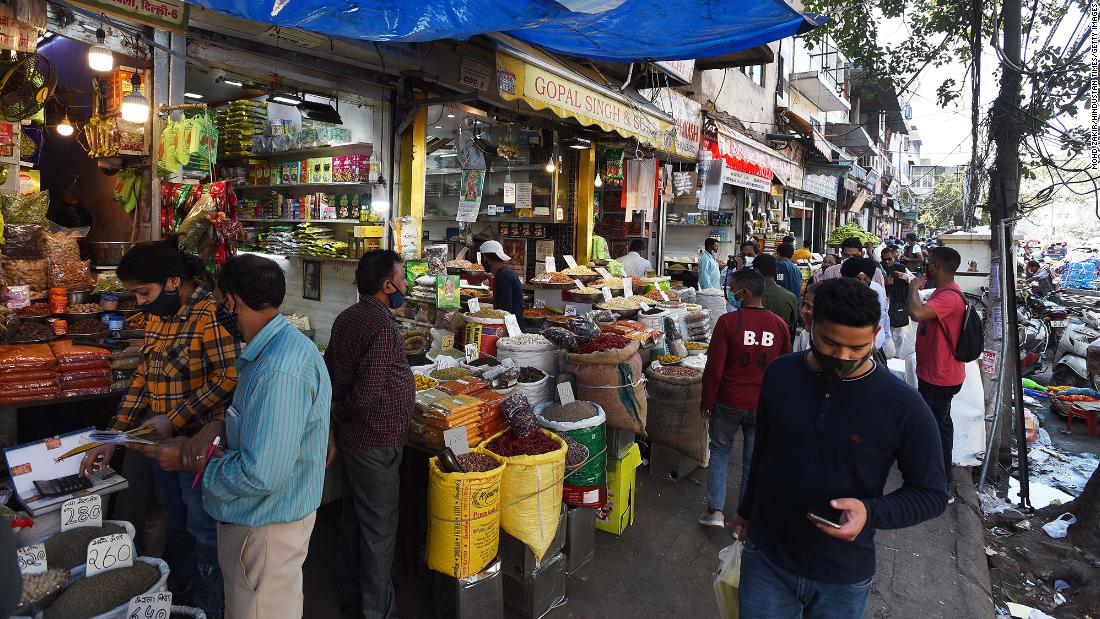India’s gross domestic product is expected to grow 12.6% during the country’s fiscal year starting in April, according to a forecast released Tuesday by the Organization for Economic Cooperation and Development.
The OECD also released major updates to its global outlook on Tuesday, saying that “the economic outlook has improved markedly in recent months”, thanks to the introduction of coronavirus vaccines and additional stimulus announcements. The Paris-based agency also said there were signs that the recent containment measures were not affecting the economy as much as previous efforts.
“This may reflect a more careful targeting of public health measures and income support,” said the group, adding that companies and consumers have adapted to the restrictions.
The OECD now expects the world economy to grow 5.6% in 2021, compared to an estimate of just 1.4% in December.
USA may grow 6.5%
The United States economy is now expected to grow 6.5% this year, a big improvement over the previous forecast of 3.3%. The agency pointed to the effects of “strong fiscal support” of President Joe Biden’s $ 1.9 trillion stimulus package.
But the outlook remains highly uncertain due to the pandemic. The OECD noted that vaccine campaigns are moving at different speeds around the world and there is still a chance for new mutations that resist vaccines.
The OECD recognized that price pressures are increasing on some fronts.
“A faster-than-expected recovery in demand, especially from China, coupled with the scarcity of supply, raised food and metal prices considerably, and oil prices rebounded to their average level in 2019,” the document said. .
But the agency emphasized that with economies and the labor market still weak, central banks must maintain loose monetary policies that spurred the recovery, even if inflation exceeds some targets.
“Transitory factors that raise inflation do not justify changes in policy stance,” said the document.
